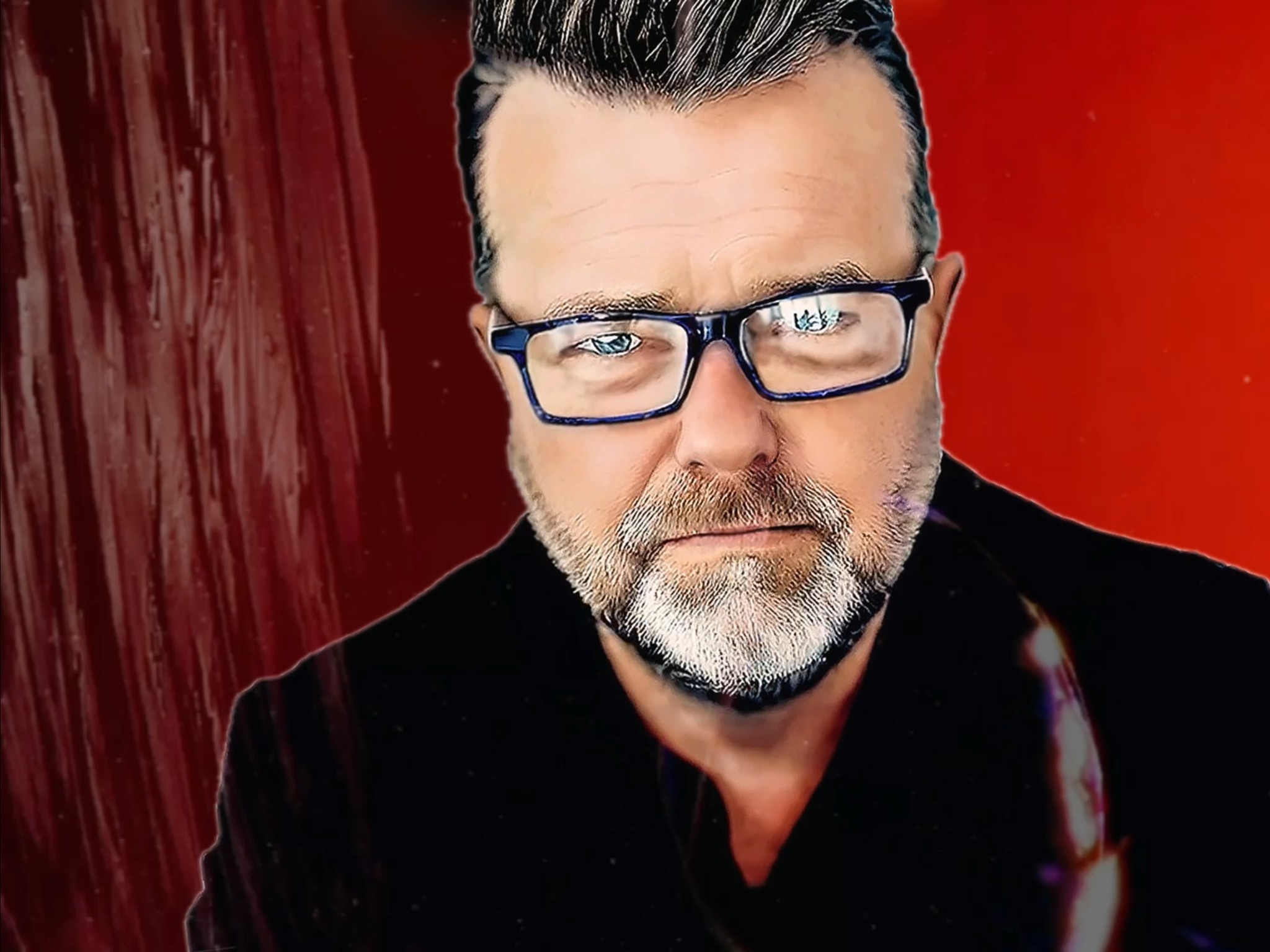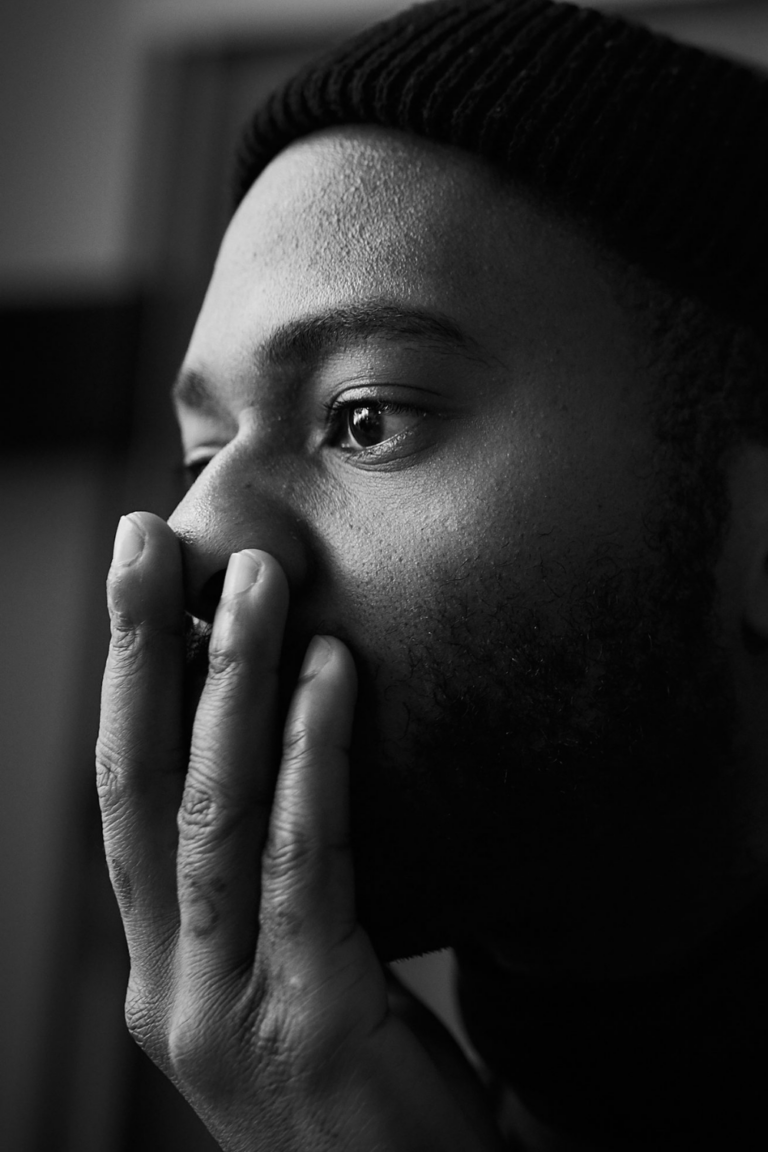Ever feel like therapy isn’t for you? Maybe it’s not therapy itself—it could be that you just haven’t found the right approach yet.
The Real Talk About Therapy: Is It Really For You?
We’ve all heard that therapy can help, but let’s be honest: for some of us, the thought of sitting in a room and pouring out our thoughts just doesn’t seem like it’ll do much. Especially if you’ve tried it before and left feeling like it didn’t “click” with you.
But maybe, just maybe, there’s a different type of therapy out there that could be what you need. Enter confrontational therapy—a style of therapy that skips the fluff and gets straight to the heart of what’s holding you back. For a lot of guys, this approach can feel way more natural and effective than the traditional “tell me how you feel” route.
In this article, I’m breaking down what confrontational therapy is all about, why it might resonate more with men, and how it can make a real difference without dragging you through hours of uncomfortable small talk. Let’s dive in.
What Exactly Is Confrontational Therapy?
Alright, so confrontational therapy might sound intense, but it’s not what you’re picturing. There’s no arguing, no shaming—it’s actually about facing the contradictions between what you say and what you do.
Imagine this: You say you want to get out and meet new people, but you constantly avoid social invitations. Your therapist might say something like, “Hey, you say you want to connect with people, but you’ve skipped three hangouts this month. What’s up with that?”
It’s all about honesty—holding up a mirror to show you where your actions might be going against your goals. Licensed marriage and family therapist Marlene McDermott explains it like this: “Confrontational therapy is when the clinician presents the patient with discrepancies between what they say and how they act.” It’s not about shock value or tearing you down; it’s about real talk that cuts through the noise and gets to what’s really going on.
Why Confrontational Therapy Might Work Better for Men
Let’s face it—most of us guys aren’t exactly jumping at the chance to dig into our feelings or reflect on our past. We’re wired to focus on what’s in front of us, and that’s where confrontational therapy has a real edge. It deals with the here and now, focusing on things you can change right away rather than diving into childhood memories.
Marlene McDermott puts it well: “Men tend to be more concrete in their thinking, and they often appreciate the direct approach.” This style of therapy plays to that strength, giving you clear, actionable feedback instead of leaving you to interpret abstract ideas.
Therapist Geoffrey Edelstein agrees, saying, “Men respond well to knowing there’s a plan to address problems.” Instead of vague discussions, confrontational therapy gives structure—a plan to tackle the issues right in front of you. It’s practical and straightforward, which makes it easier for guys who like clear solutions and don’t want to spend endless hours analyzing feelings.
Let’s Get Real: The Barriers Men Face When Seeking Therapy
Even if confrontational therapy sounds like a fit, there’s still that mental hurdle to get over. Society has conditioned men to think they should always be in control, never needing help. Maybe you feel that pressure too—the idea that you need to be the strong one, holding it all together, handling everything on your own.
Edelstein mentions that, in his experience, men often feel like they’re supposed to be “sensible, strong, and responsible for everyone around them.” If this resonates with you, it’s probably no surprise that many men only seek therapy when things hit a serious breaking point.
But here’s the kicker: seeking therapy isn’t a sign of weakness. In fact, it’s the opposite. Recognizing you need some support shows strength—it’s about being responsible enough to take care of your mental health so you can show up better for yourself and others.
My Personal Take: How Confrontational Therapy Worked for Me
I remember when I first heard about confrontational therapy. I was skeptical, to say the least. Therapy? Sure, I believed it helped others, but I didn’t see how it would work for me. Still, I was frustrated—feeling stuck in a cycle of saying one thing and doing another, knowing deep down I was getting in my own way.
In my first session, my therapist called me out (in the most respectful way) on a pattern I hadn’t even noticed. I’d been saying I wanted to make more time for friends, but I was constantly backing out of plans. Seeing that contradiction right in front of me was like a slap of clarity. I couldn’t ignore it.
That directness worked for me in a way I hadn’t expected. There was no fluff, no avoiding the truth. It was like looking in the mirror and finally seeing the reality staring back. And honestly? That’s what I needed.
How to Know if Confrontational Therapy is Right for You
So, how can you tell if this approach is worth a shot? Here’s a quick checklist:
- You Value Directness: If you prefer straightforward feedback over vague discussions, confrontational therapy might be your thing.
- You’re Ready to Make Changes Now: This approach is all about focusing on the present—your current actions and how they align (or don’t) with your goals.
- You’re Open to Being Called Out (in a Helpful Way): Confrontational therapy isn’t about comfort; it’s about honesty. If you can handle constructive criticism and see it as a tool for growth, this could be a good fit.
- You’re Tired of Getting in Your Own Way: If you’ve been feeling stuck or repeating the same mistakes, confrontational therapy might just be the shake-up you need.
Breaking Down the Benefits of Confrontational Therapy
Let’s talk benefits. What can confrontational therapy offer that other methods might not?
- Accountability: Confrontational therapy makes you own your actions. It’s easy to make excuses, but this approach forces you to see the impact of your choices.
- Clarity: Sometimes we just don’t see the patterns we’re falling into. This therapy style helps reveal those blind spots, making it clear what’s holding us back.
- Concrete Steps: Instead of leaving sessions with vague advice, you get actionable steps you can apply right away.
Tips for Finding a Good Confrontational Therapist
Not every therapist practices confrontational therapy, so finding the right fit is key. Here are a few tips:
- Look for Experience: Find someone who has experience in confrontational or directive therapy styles.
- Ask About Their Approach: Don’t be afraid to ask questions during an initial consultation. Explain what you’re looking for and see if their style aligns.
- Read Reviews: Online reviews can give you insight into a therapist’s approach and whether they’re known for being straightforward.
- Trust Your Gut: If you don’t feel like it’s the right fit after a few sessions, it’s okay to look elsewhere. Therapy is personal, and the right fit makes a huge difference.
Ready to Try Something New?
If you’re open to the idea of therapy but feel like the usual approaches haven’t resonated, consider giving confrontational therapy a shot. It’s direct, real, and tailored to people who want to cut through the noise and start making actual changes. Therapy doesn’t have to be all about digging into the past; sometimes, it’s about focusing on what you can control right now.









